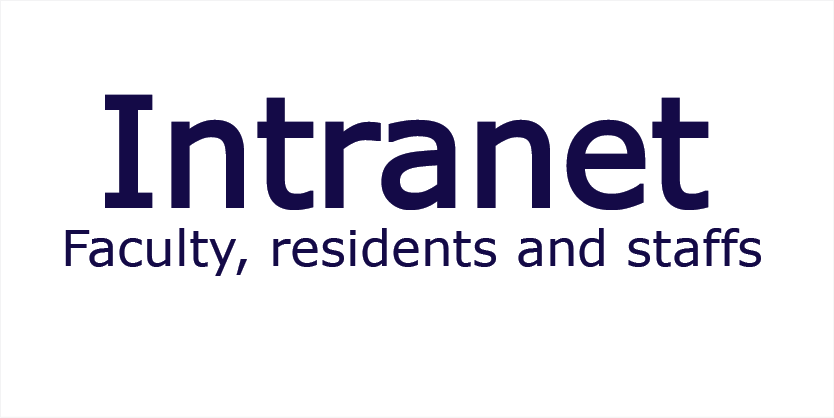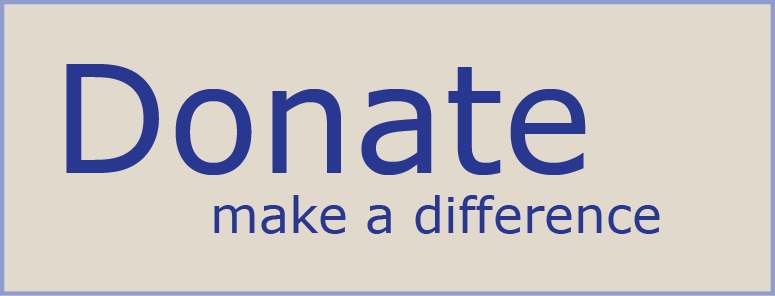Master of Science Degree in Oral & Craniofacial Sciences University of California San Francisco School of Dentistry
The MS in Oral & Craniofacial Sciences is a Plan I program that complies with the guidelines of the Graduate Division of UCSF. The MS is an academic degree requiring a minimum of the equivalent of one full year of research and didactic study. The postgraduate program at UCSF allows the combination of academic/research training for the MS degree with clinical training leading to a specialty certification (or Dental Hygiene program), usually over a minimum three-year period. Outstanding dental students may also apply for concurrent enrollment in the MS program.
Minimum Requirements for the MS
The MS requires a minimum of 30 units, of which at least 12 must bear the Oral & Craniofacial Sciences (OB) 200 series designation. Students will be assigned a graduate advisor who will help guide them with programmatic and research direction decisions. Each candidate will choose a separate research mentor (see below).
The following requirements must be met:
Research
(8 units of OB 250 count towards the total of 30 required)
OB 250 Research will be awarded as units with 0.5 days per week per quarter = 1 unit.
Eight of these OB 250 units count towards the minimum of 30 units for the MS. Each specialty program will arrange sufficient research time for its students. Students must choose their project, their research mentor and produce an outline protocol by the end of spring of their first year (requires about 1/2 day per week in year 1). The bulk of the research work will then be spread over years two and three, culminating in a thesis. As a general guideline a minimum of 1-1/2 days per week in year 2 and two days per week in year 3 (or some equivalent combination) should be spent conducting research and completing the thesis.
A research thesis (OB 298) must be completed resulting from a project designed to answer a specific question (or questions) and to test a hypothesis. Detailed guidelines are given in the following pages and in the graduate handbook.
Research Mentor and Thesis Committee
The research mentor must be a member of the Academic Senate and of the Graduate Group in Oral & Craniofacial Sciences. However, with the approval of the Director of the MS program the mentor may be outside the Graduate Group, but a co-mentor within the Group will also be appointed. The thesis committee (arranged by the research mentor and the student) consists of at least three members of the Academic Senate, with one from the home department of the student. The committee must be approved by the Director of the MS program, and is chaired by the research mentor or the co-mentor as described above. The committee should meet early in the student's program to approve the research protocol and as needed thereafter to assist in guiding and monitoring the progress of the project. Non-Academic Senate members can be added who have specific expertise in the area of research, subject to approval by the Graduate Division (a curriculum vitae must be submitted for review). The committee will be responsible for conducting the final examination of the thesis and the candidate.


